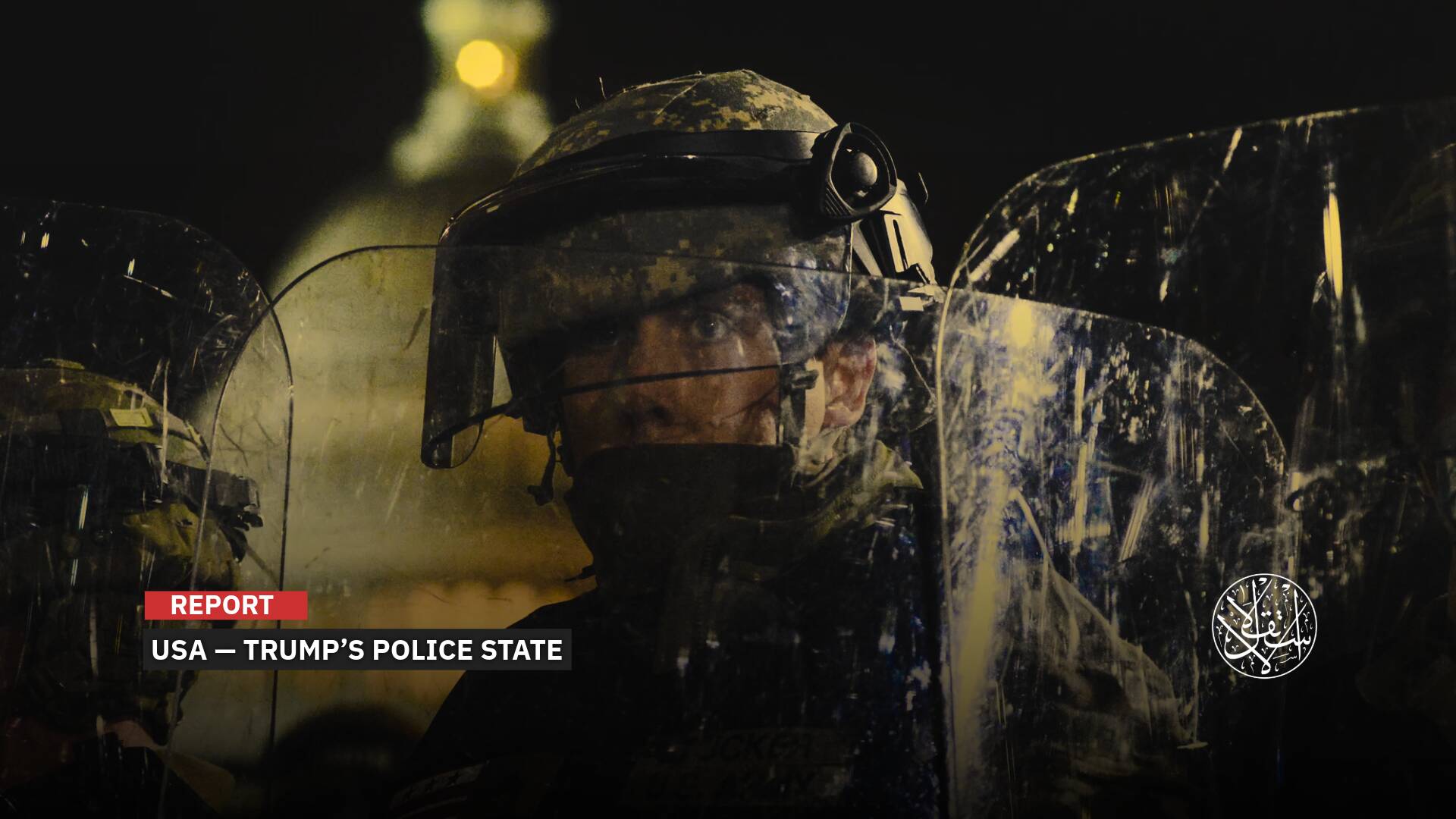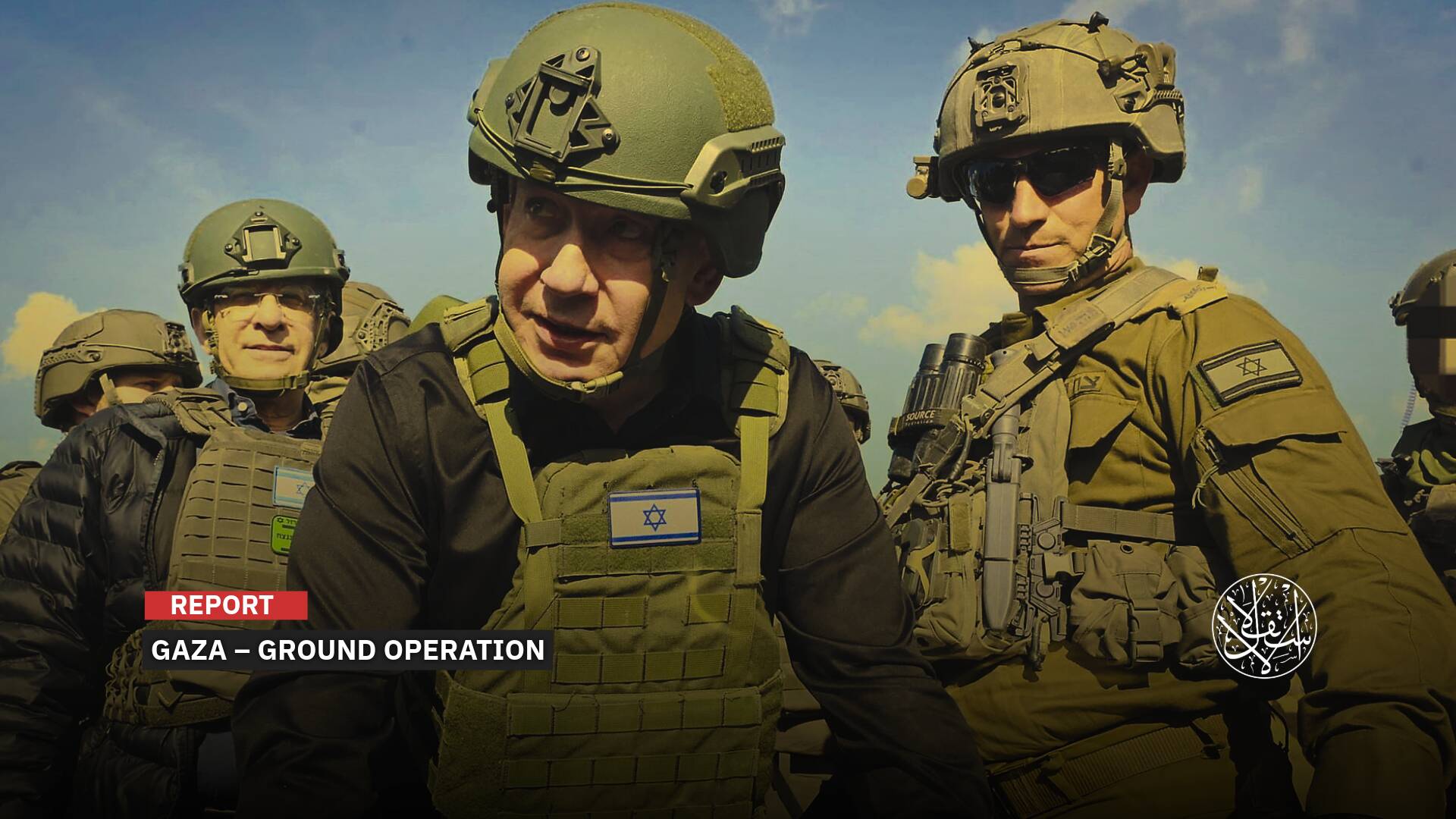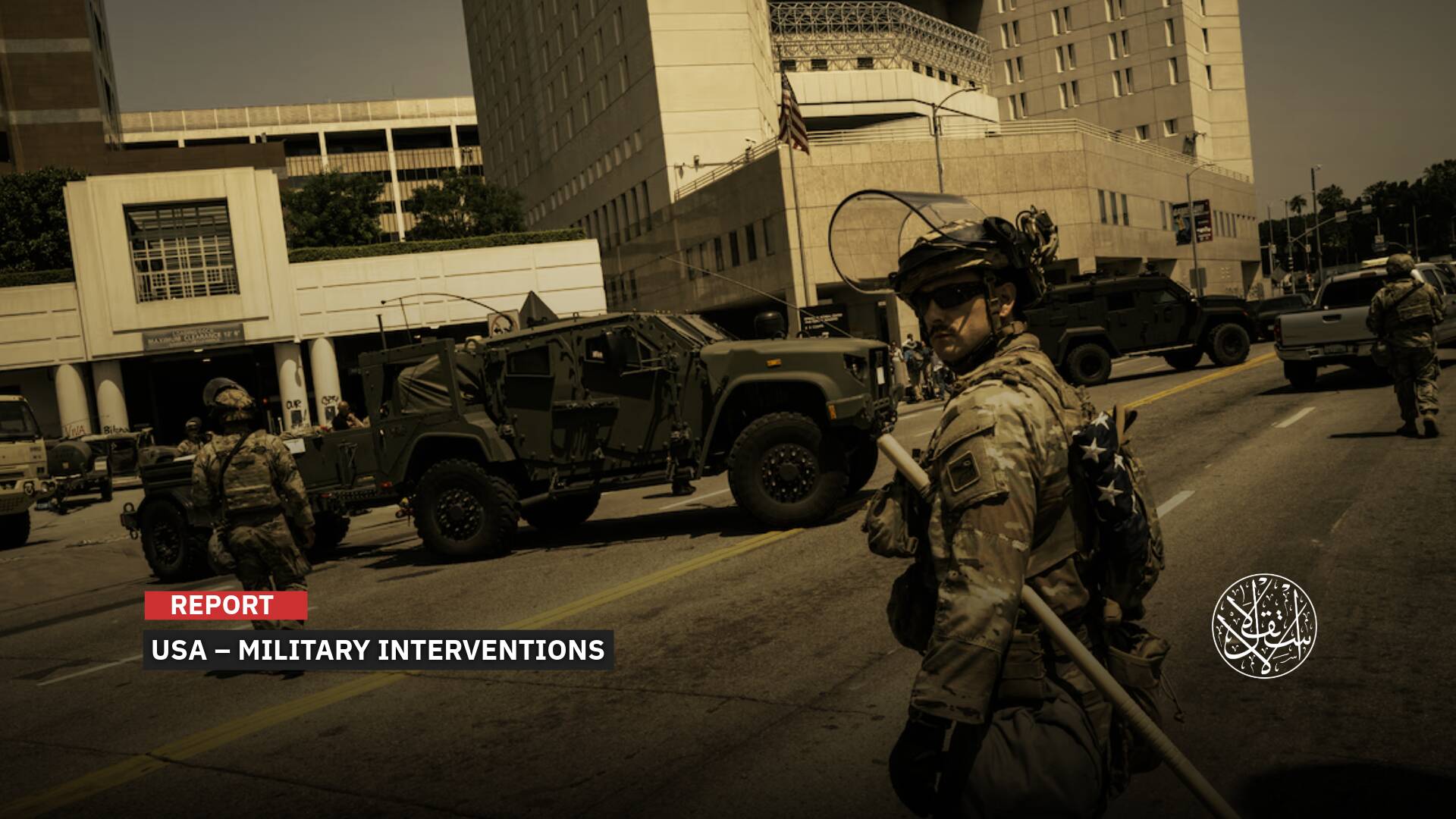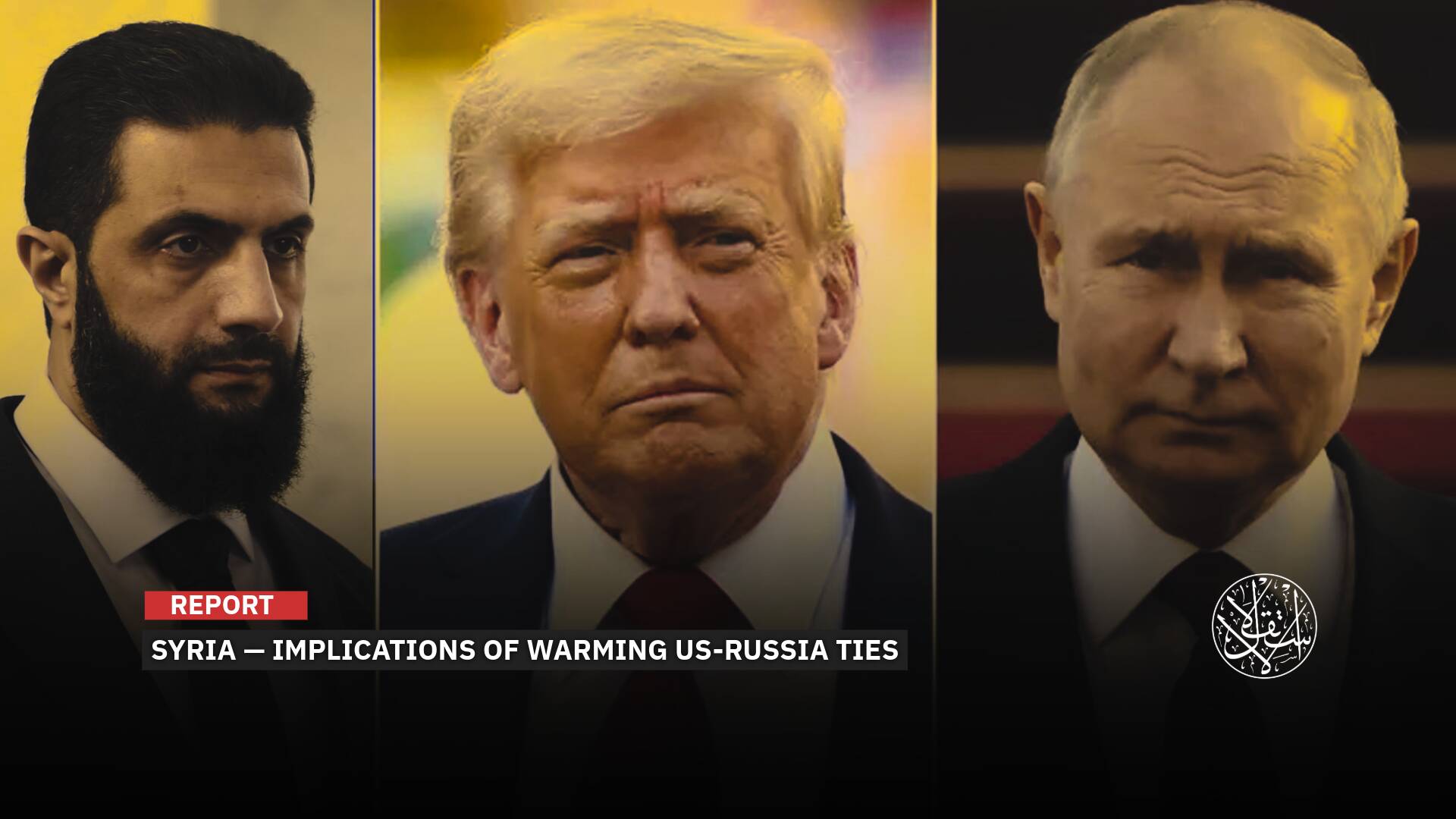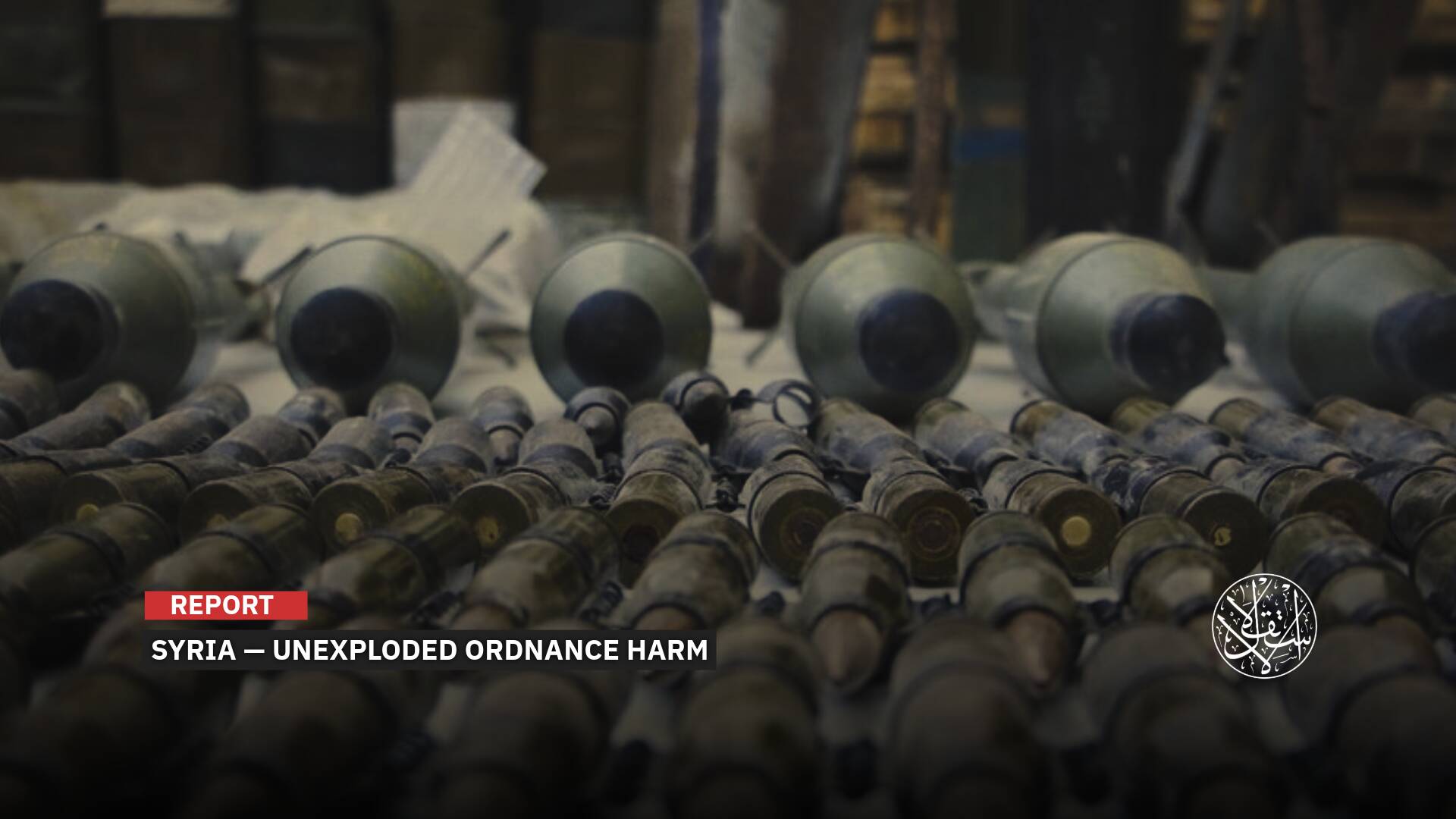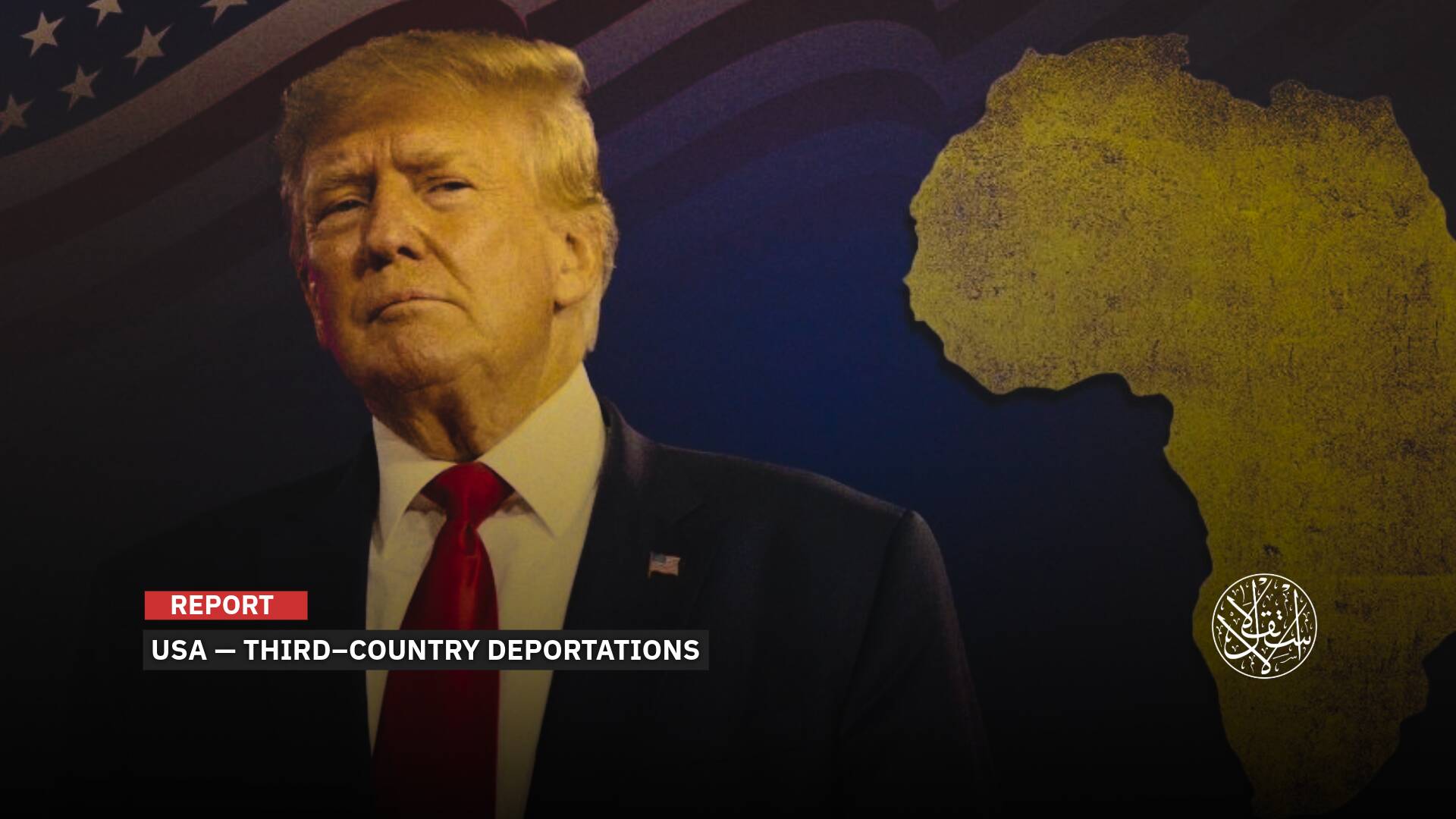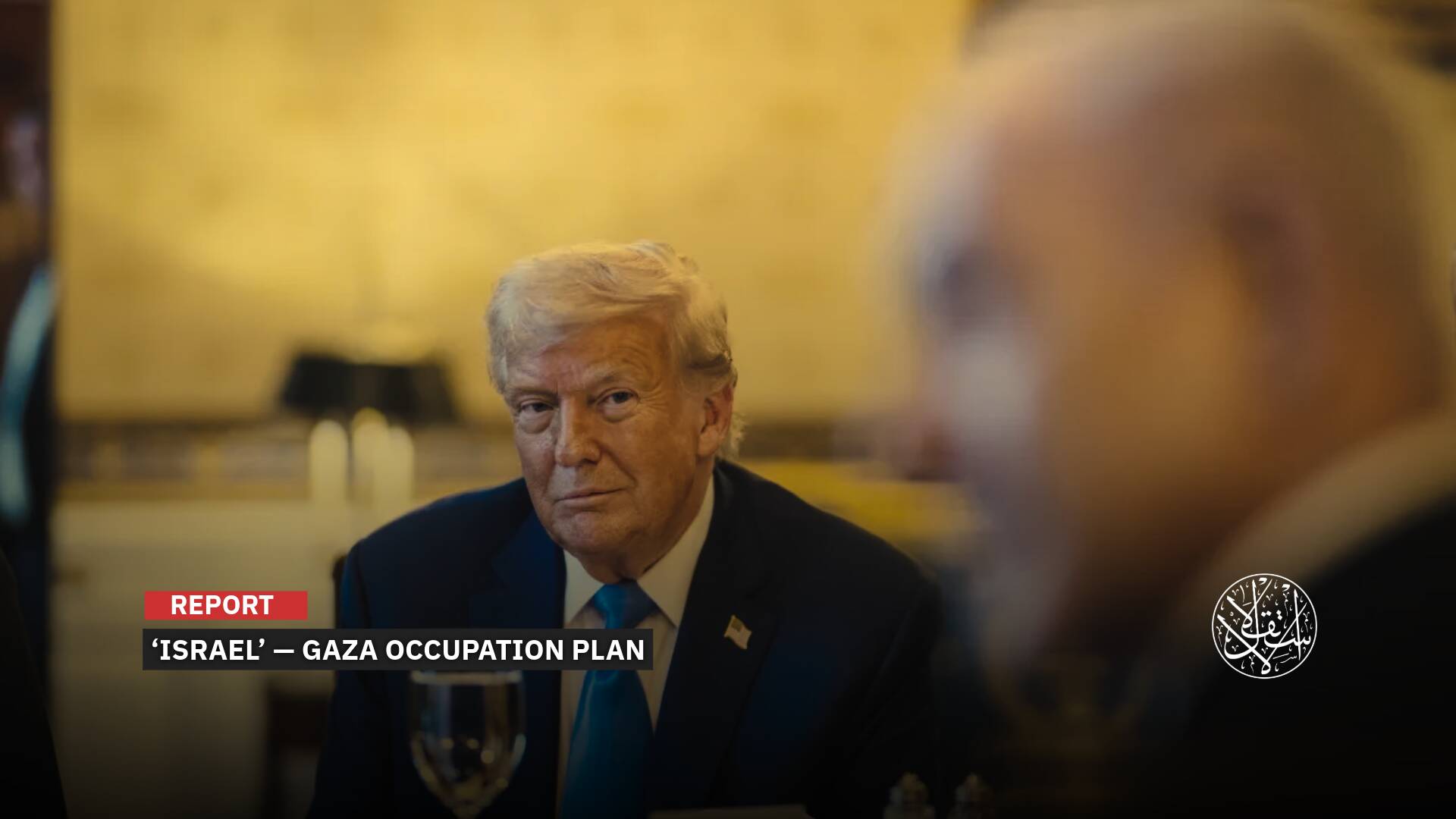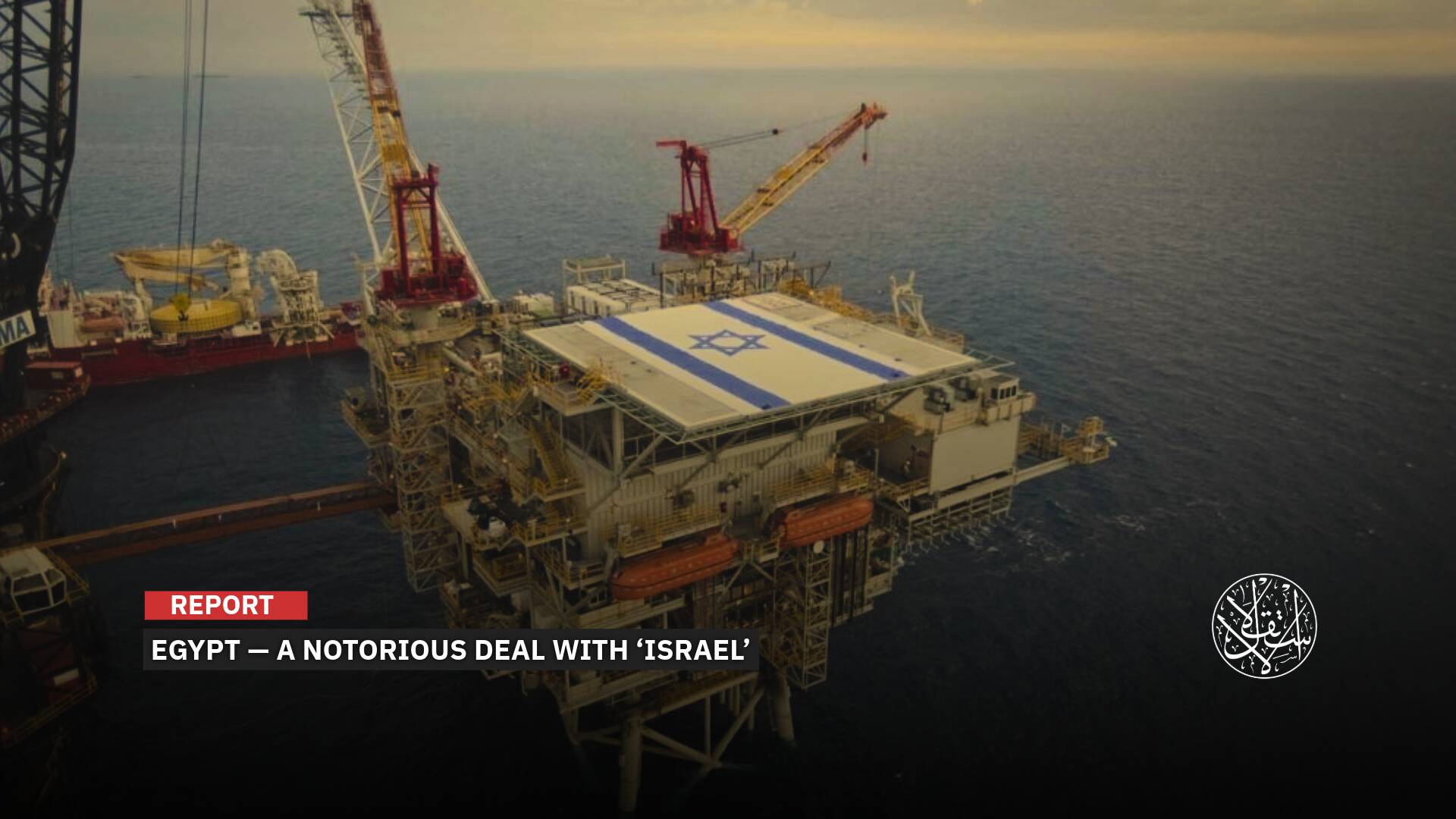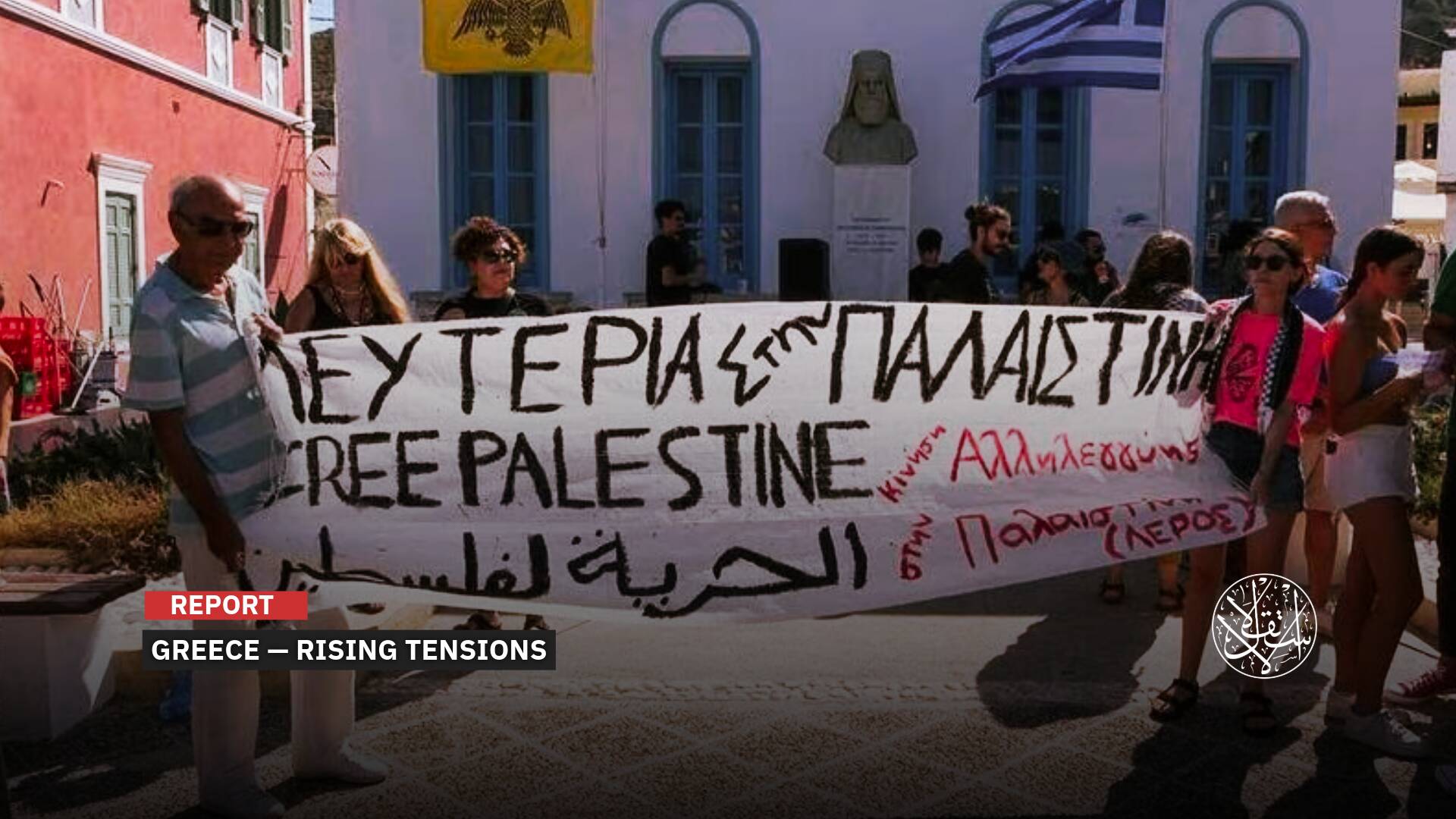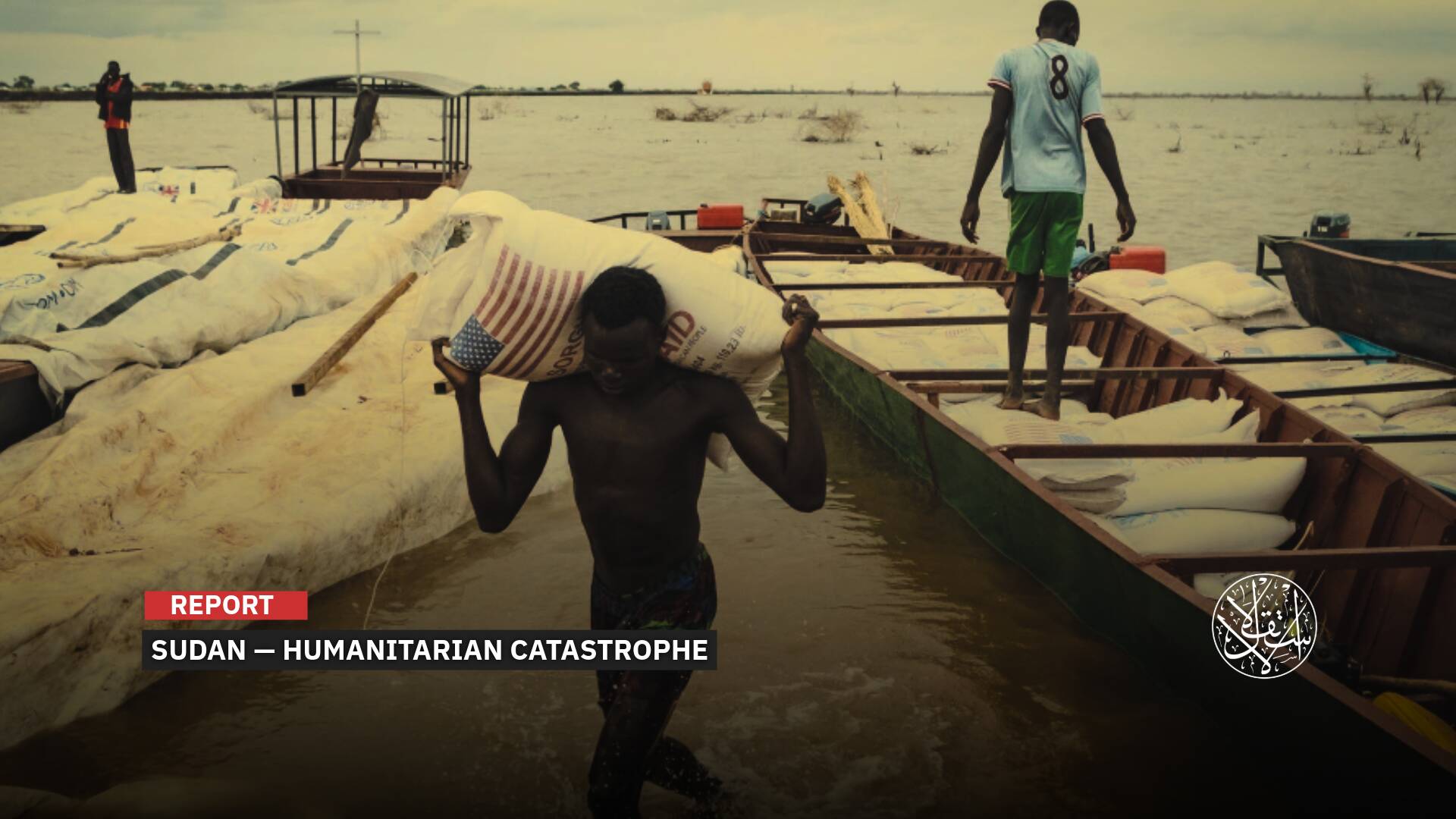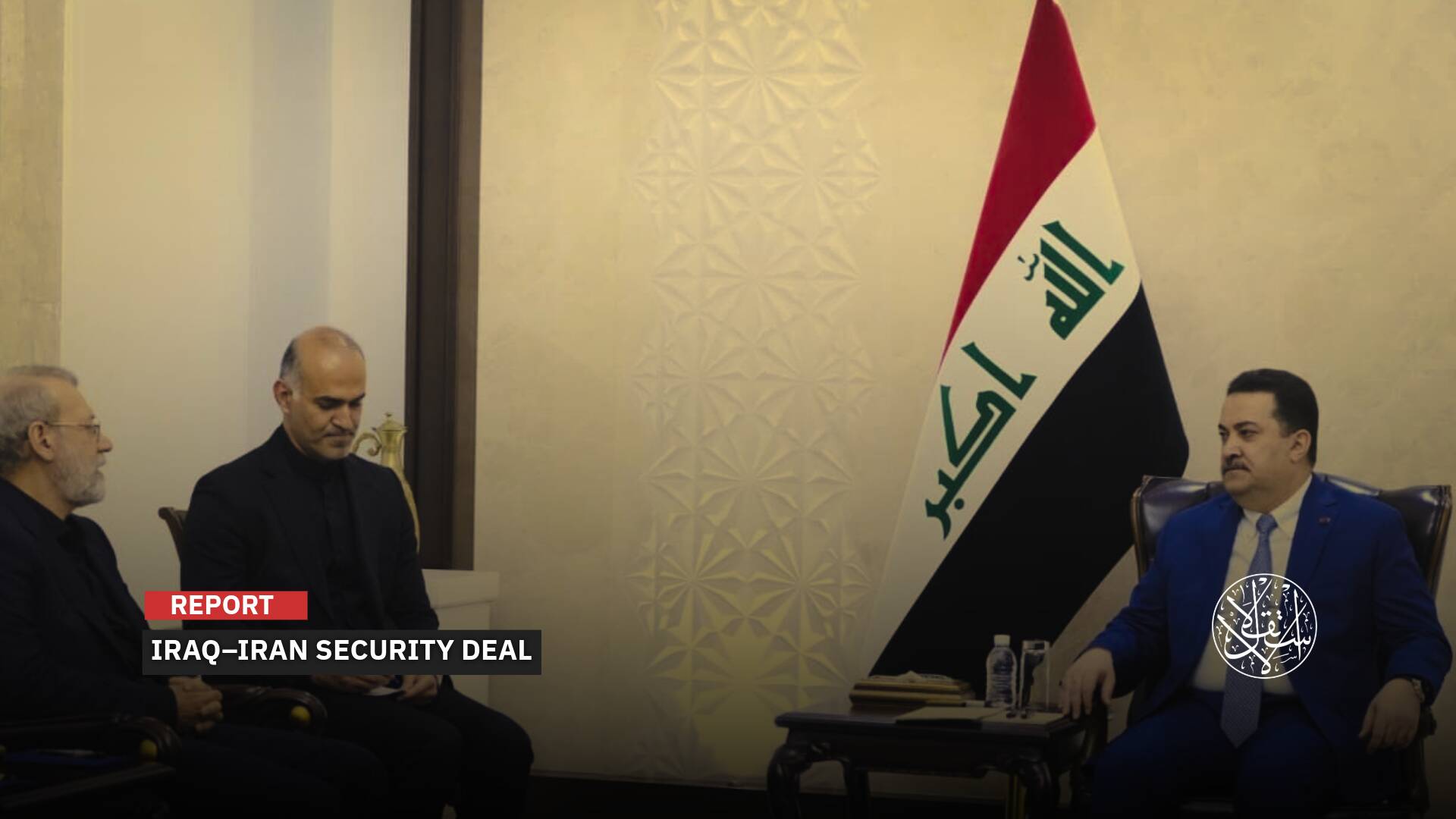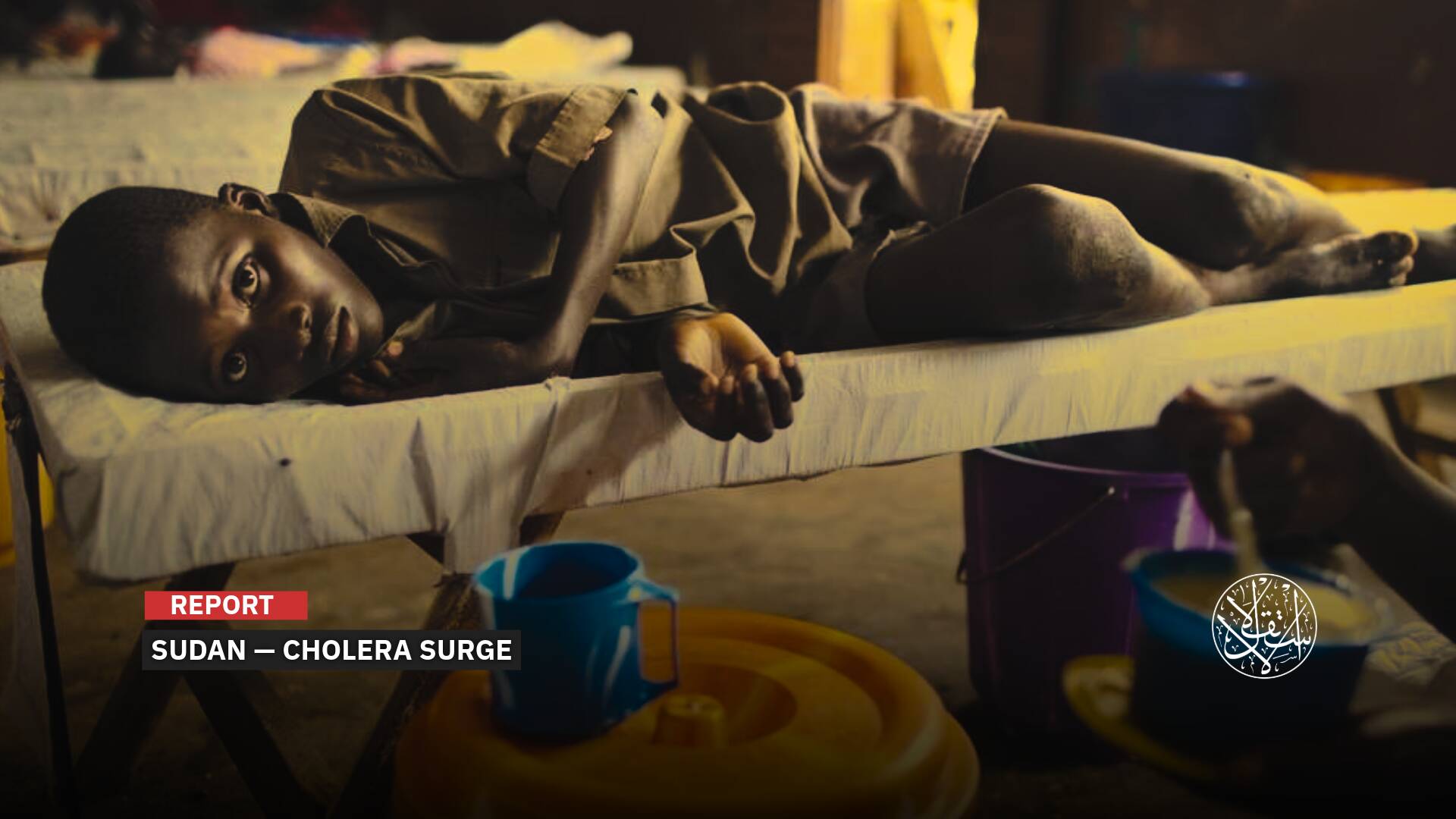This is How the UAE Has Called on Sudan to Cede Al-Fushqa Territory!
.jpg)
Popular anger in Sudan outraged, following the announcement of an Emirati initiative on the border areas of Al-Fushqa, which has been disputed with Ethiopia for many years.
The initiative was described by angry people as "shameful and shocking", as it demanded that land be shared and parts of it cut off to Ethiopians.
The conflict in the "Al-Fushqa" areas is old, but it has remained between Ethiopian and Sudanese farmers, with Ethiopian gunmen attacking Sudanese farmers for looting and often killing and injuring them.
But on March 30, 2020, the Sudanese army redeployed, after an absence of nearly 25 years, in the disputed border area of Al-Fashqa Al-Saghir.
In the face of these ongoing clashes, the UAE has entered the line as an intermediary to resolve the crisis, causing angry reactions in the Sudanese street at the popular and media level.

A Shocking Initiative
Sudanese public opinion was busy talking about the UAE's initiative to "divide" the liberated territories of the al-Fushqa during the past period, following the disclosure on May 23, 2021, of details of Abu Dhabi's "shocking" initiative.
Under the initiative, the Sudanese army will withdraw to a pre-November 2020 status, divide al-Fushqa by 40 percent for Sudan, 40 percent for the UAE (under the umbrella of companies), and 20 percent for Ethiopian farmers, under the management of an investment project set up by Abu Dhabi in the border area.
The initiative rejected the form and subject of the Sudanese people, prominent political and government figures, a member of the Transitional Sovereignty Council “Malik Aqar” said: "The UAE, which is located behind the seas, wants to distribute and divide Sudan's land equally with Ethiopia."
During a seminar in Khartoum on April 9, 2021 (before the details of the initiative were announced), Aqar criticized the UAE initiative as "ridiculous."
The National Umma Party later issued a statement on the UAE initiative, stressing that "the Sudanese people, with their human resources, are able to invest their entire territory on their own, without giving up any inch of it."
The "Gathering of Demand Bodies and Civil Committees for the Territories of Al-Fushqa" also issued a statement expressing its full reservations about the UAE initiative.
The Gathering called for the necessity of Sudan’s hold of its legal right in its lands, "The question of understandings and agreements on the use of land or how to cultivate it is a purely Sudanese affair that cannot be compromised,"
In the face of this sweeping rejection, on April 15, 2021, Defense Minister Yasin Ibrahim announced Khartoum's position on the UAE initiative for the first time (then unknown in detail), and upholded Sudan's legal right to the territory of al-Fushqa.
Yassin stressed that Sudan depended on its position on the initiative to mark borders in accordance with the 1902 Convention, as a basis for any subsequent cooperation or understandings.
On May 10, 2021, The Umma Party's Secretary-General, Al-Wathiq al-Barir, announced that "there will be no new occupation of the territories of al-Fushqa under any name (initiative, investment, cooperation)."
"The people of Sudan are able to cultivate their land with their own hands, and it is a good conclusion from history that prosperity has always been a national product," he said on his Facebook page.
Al-Fushqa War
More than two decades after Ethiopian "militias" took control of Al-Fushqa, on December 21, 2020, Sudanese forces entered the last point on the border with Ethiopia, Khorshid, declaring victory and liberating Sudan's territory.
Simultaneously, the Sudanese army sent large military reinforcements to the Ethiopian border, tightening full control of the occupied Fushqa area, in order to preserve it from attacks by Ethiopian militias backed by the Addis Ababa government, Khartoum said.
According to the official Sudanese News Agency (SUNA), "the Sudanese armed forces continued their advance on the front lines within the Fushqa area".
On April 8, 2020, the president of Sudan's sovereign council, Abdel Fattah al-Burhan, accompanied by operations officers and the director of military intelligence, visited Al-Fushqa.
This came amid rising tensions in the region, after Ethiopian military forces gathered along al-Fushqa.
The Ethiopian army has penetrated the 55,000-acre "East Sondos" area of al-Shufqa, an agricultural project belonging to Sudanese farmers in Kadarif, which has angered the Sudanese state and motivated it to move forward in resolving the issue.
On May 28, 2020, Kadarif province experienced new tensions after Ethiopian militias sequenced the border, attacked agricultural projects in Baraka Nurit, Al-Fursan village, and al-Fushqa area, and clashed with a Sudanese military force at Camp Baraka Noreen, killing a Sudanese army captain and a child, as well as injuring soldiers and civilians.
On December 5, 2020, for the first time in a long time, the Sudanese army recaptured agricultural areas in al-Fushqa area of al-Farisha locality on the border bordering Ethiopia, and established a fixed military base there to protect Sudanese citizens from government-backed Ethiopian guerrilla attacks
The Sudanese position has evolved, calling on Ethiopia to call on its neighbour Sudan to "urgently end its military movements in the disputed border areas".
The Story of al-Fushqa
The story of Sudan's disputed Fashqa region dates back to the May 1902 border demarcation agreement between Britain and Ethiopia, which Sudan missed at the time as an occupied territory under Britain, which it represented in the agreement, leaving gaps on some points.
This has caused major incidents that continue to this day, between Sudanese and Ethiopian farmers, who come to work in the territory of Sudan, which is within its borders.
The "Smaller Fushqa" region, where a fierce conflict is looming between Khartoum and Addis Ababa, is one of the five localities of the eastern Sudanese state of Kadarif, and Ethiopia occupies about 1 million acres of the state through its "militias."
Located in the south of al-Fashqa is Mt. Halawa, a longitudinal mountain, on the border point between the two countries in accordance with the 1902 demarcation, where the middle of the mountain is located in Sudan (west) and half in Ethiopia (east), which is one of the three points that sparked the dispute in 2006, between the two governments, and suspended the work of the Demarcation Commission.
Occasional skirmishes between Ethiopian gangs, specifically al-Shafta and armed tribal militias, and Sudanese farmers and their workers have often been expelled and killed and their agricultural machinery and equipment seized by them.


